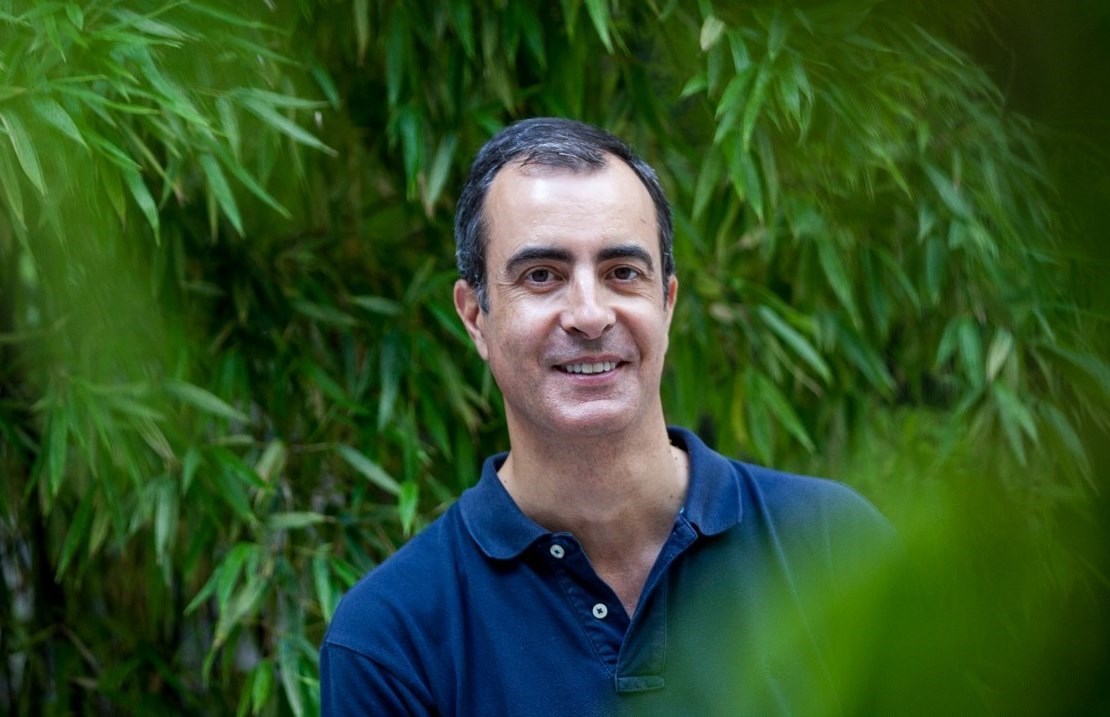
The latest occurrence of the denial of the poet’s hypothetical gayness to be cited here is the preamble of a paper delivered by Lourenço himself at a recent (June 2007) conference at Oxford University, a gloss on his literary experiment in “queering Camões”: “ It seems best to begin by saying quite clearly that, no, I don’t think Luís de Camões was gay. referentes ao amor homoerótico: ponderar as ilações, percebes? Não dizer que Camões era gay, que obviamente não era” (Lourenço 2006, 190). ponderar as ilações susceptíveis de serem extraídas da apropriação, por parte de Camões, de micro-enunciados retirados da poética clássica. The review’s title, featured also on the magazine’s cover and doubtlessly meant to attract attention of prospective buyers, was “Não, Camões não era gay-obviamente não era” and the author took just a few short paragraphs to make it clear to the reader that this emphatic negation was not of his own making but rather a near-verbatim reproduction of the words of Lourenço’s protagonist, Nuno Galvão, a Camões scholar and professor at the University of Lisbon, who explains to a friend the main thesis of his conference paper on homoerotic echoes in the poetry of Portugal’s national bard: “O que me interessou foi. In June 2002, a new Portuguese book-review magazine called Os Meus Livros published in its inaugural issue a review by Vasco Graça Moura of a just-released debut novel Pode um desejo imenso by Frederico Lourenço, a classical scholar and professor at the University of Lisbon. The title of this paper echoes, tongue in cheek, the titles or opening lines of a couple of recent interventions pertaining to the matter at hand-queering of the Portuguese literary-historical canon-which, regardless of their sui generis referential framing, are in my view symptomatically illustrative of the structures of power and meaning that have shaped this ongoing process.



(Paper presented at the annual convention of the Modern Language Association, Chicago, 28 December 2007)


 0 kommentar(er)
0 kommentar(er)
